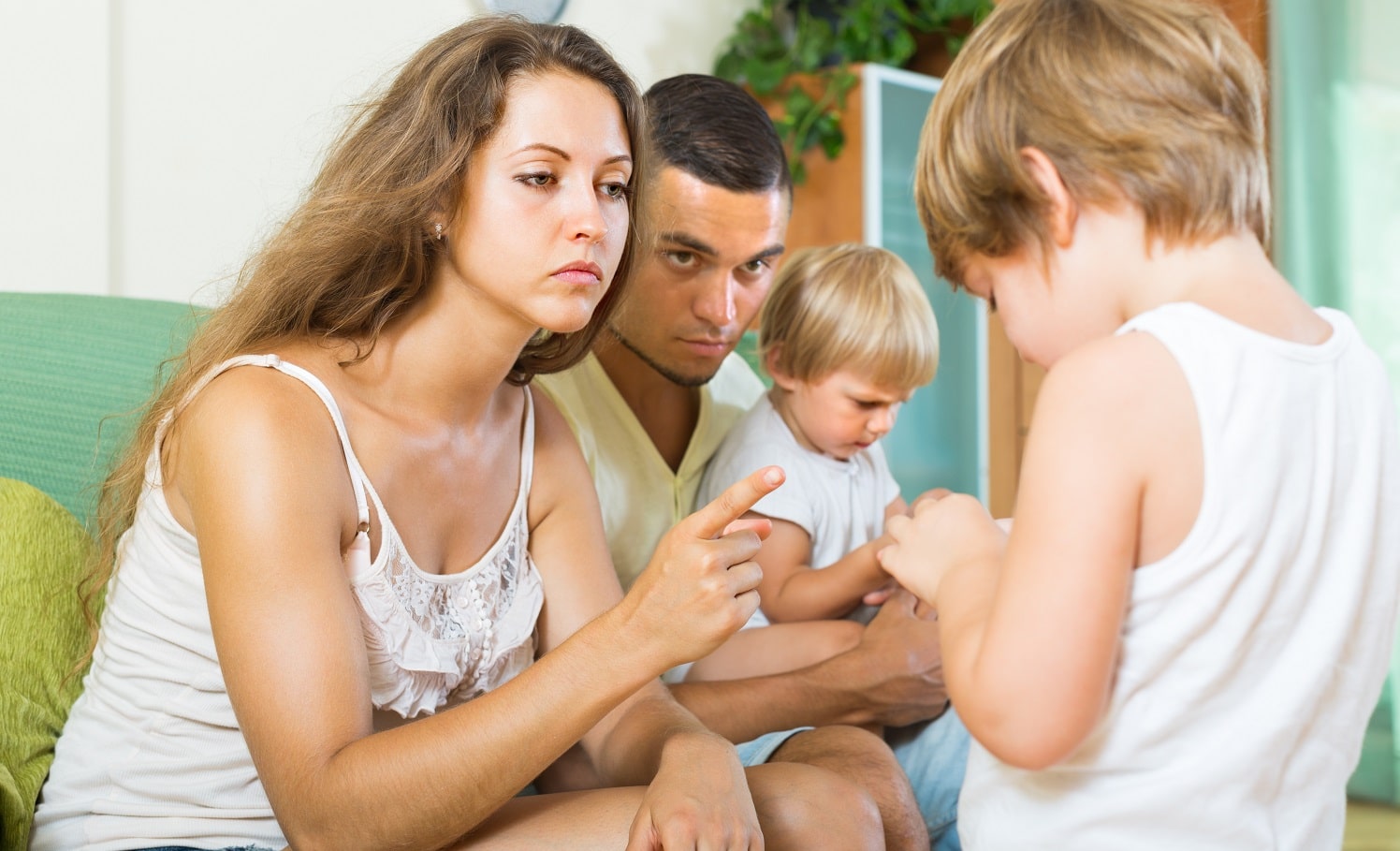Childhood anxiety is a parent’s worst nightmare and can cause your child to withdraw, become cranky and constantly feel like they are on edge. As a parent, you know your child better than anyone else. You can tell when something isn’t right in their behavior. You may also know when to seek professional help.
Anxiety isn’t a big word, yet it can make your life feel like it’s out of control. When you’re anxious, you start to avoid people. You start to lie, and that makes things more complicated. The good news is that there are some anxiety coping tips that you can follow.
5 tips to Deal With Childhood Anxiety
Childhood anxiety is not uncommon. Anxiety is a natural function of the mind. However, it can often turn into a disorder if left untreated. A child can experience varying degrees of anxiety ranging from mild to chronic. The higher the degree of anxiety, the harder it is for a child to cope with that particular situation.
1. Keep in mind that you shouldn’t initially aim to get rid of anxiety but rather assist the child in managing it
After all, no one wants any child to be stressed and unhappy. However, when it comes to helping any child get over anxiety, you shouldn’t immediately try to get rid of the triggers and stressors causing anxiety in the first place. You need to help the child to understand and tolerate anxiety so that they can function well, even if they feel it. As a result, their feelings of anxiety will reduce as time goes by. For help to assist your child contact the Clarity Clinic.
2. Don’t immediately avoid anything simply because they cause the child to become anxious
Even though avoiding things that cause anxiety will cause the child to experience less anxiety immediately, it will actually reinforce it as time goes on. Therefore, if the child becomes unhappy and starts crying in an anxiety-causing situation and then you remove the child from that situation, this will simply become the way the child copes and the cycle will continue to repeat.
3. Indicate realistic expectations
You shouldn’t let a child know that his or her fears aren’t possible because the chances are that he may fail an exam or he might not have a good performance at a show. However, you can tell him that you have full confidence in him and that he’ll be fine and can deal with the situation. Indicate that by facing his fears he will be able to gain control over them and his anxiety will reduce eventually. This will give the child a lot more confidence as he realizes that you won’t force him to do things that he couldn’t actually deal with.
4. Offer validation without empowerment
Keep in mind that all because you give validation, that doesn’t mean that you agree. As a result, if you have a kid that doesn’t want to go to the doctor because he is terribly afraid of needles and getting a vaccine, then you definitely don’t want to invalidate these fears or make them stronger. Instead, you should strive to offer empathy and encouragement that he can actually face his fear of needles. You basically want to let the child know that you understand that they are scared and why they’re scared and let them know that you’re there to help them deal with the situation.
5. Avoid asking leading questions
You should always encourage the kid to talk about how he feels but don’t ask leading questions like “Are you really worried about your upcoming exam?” “Do you feel afraid to present in the science fair?” These type of questions actually encourage anxiety. Instead, you should ask questions that are more open ended such as, “How do you feel about the upcoming Science exam?”










![Home Renovation Guide [2025]](/app/uploads/2021/04/design-hacks-1-378x300.jpg)
